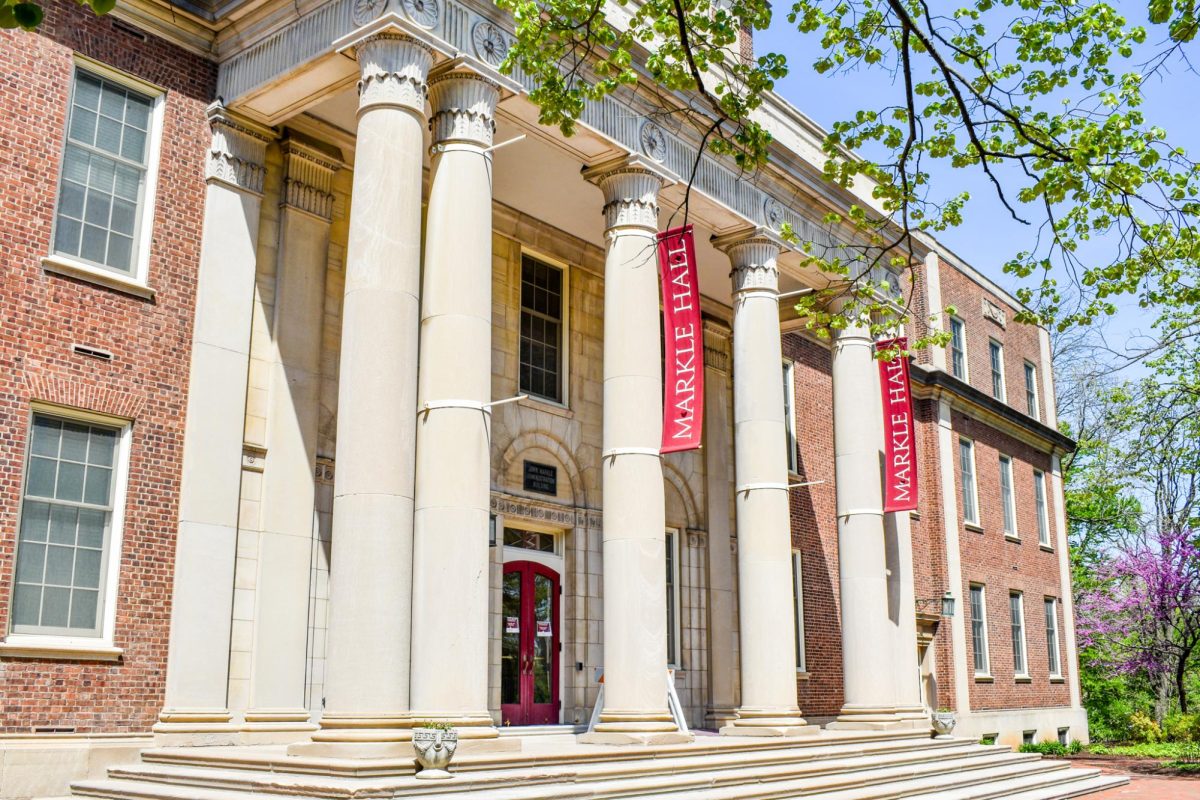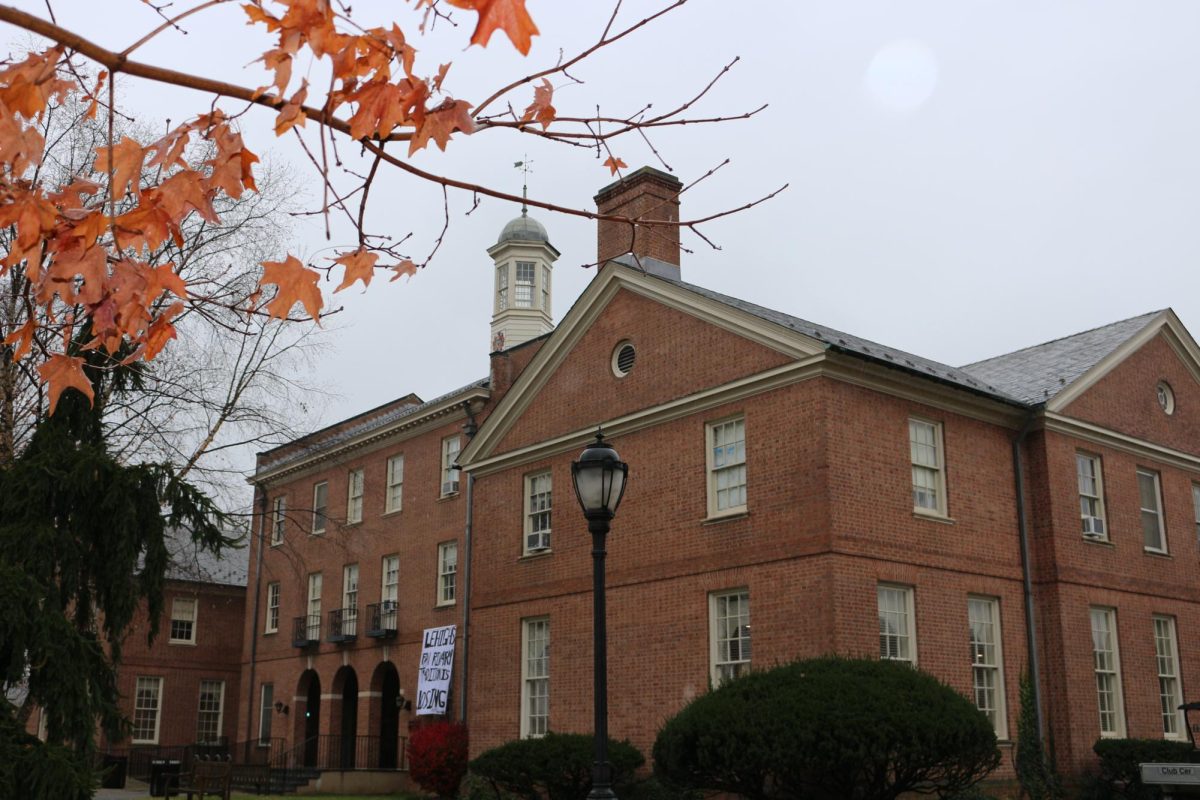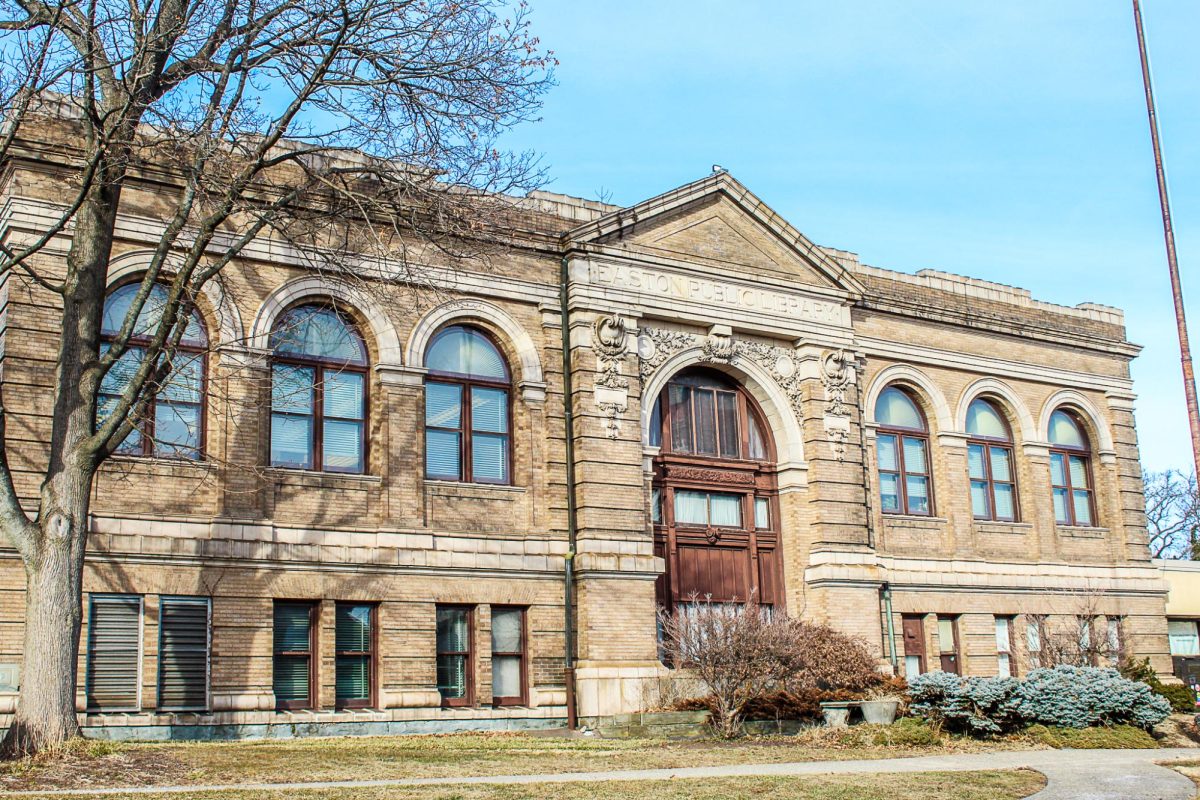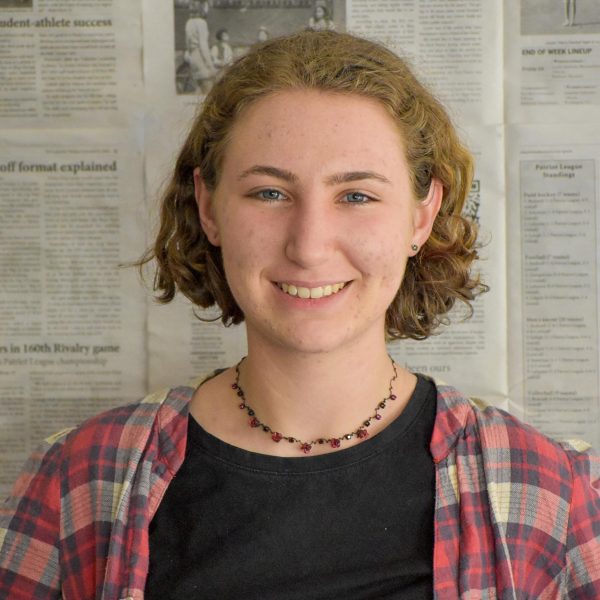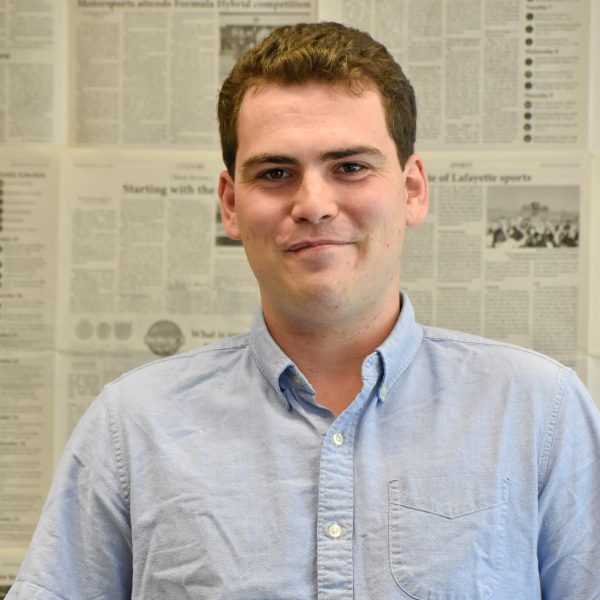The Easton Public Library’s Marx Room dusts off history for Easton residents looking to take advantage of this archival resource.
“Not every library would have something as special and unique as a Marx Room,” said Jennifer Long, the director of the Easton Public Library.
All visitors to the Henry Marx Historical Room, including Easton residents and Lafayette College students, are welcome to sign in and browse the room’s variety of primary and secondary sources.
The archive stores Easton newspapers dating from the 19th and 20th centuries, both in physical form and as photos on microfilm. It also houses directories, history books, cemetery records and Easton’s original flag. It still has its original book collection from 1811 to 1825.
While other libraries in the local region have archives, the Marx Room is among the largest, according to Sharon Gothard, who has worked as an attendant in the room for over 27 years.
And, unlike the Marx Room, “none of them are manned — or womaned,” Gothard said of the other archives.
“Our main job is to assist the patrons in finding resources that will answer their questions,” attendant Rory Morgan said about the job. “We want people to have a good experience. That’s what my job is all about.”
Henry F. Marx, the first director of the Easton Public Library, created the Marx Room from his own collection around the time the library first opened in 1903.
“He was a history buff and he felt it was important to have a collection that was organized, that was cataloged, that was maintained in a safe environment,” Morgan said of Marx.
The Marx Room has seen a decline in patronage in the last few years. Attendants theorize this may be due to the decline of genealogy as a hobby, the COVID-19 pandemic and the rise of the internet as a historical resource. The archive does have some assets that cannot be found online.
“One of our best resources in this room is the patronage of this room,” Morgan said. “The conversations that start up spontaneously from people saying, ‘What are you working on?’”
“They become resources for each other,” he said.
Current and former Lafayette professors, such as English professor Christopher Phillips and retired German professor Margarete Lamb-Faffelberger, use the Marx Room for historical research.
“Even though you have a wonderful library up there of local history, there are definitely some things in here that Lafayette probably will not have,” Gothard said. “We have church records here. We have abstracts of wills up to a certain year. We have miscellaneous deeds that you can’t find just anywhere. You can’t find them online.”
The room is climate-controlled and has a new fire suppression system to protect its materials. Attendants guide visitors to specific resources and remove books for them, but the research is up to the patron.
One patron, Barbara Klabunde, is an Easton resident who has consistently visited the Marx Room since she was a child. She now uses the archive to examine her family’s genealogy.
“Come down,” Klabunde said. “You never know what you’re going to find.”






